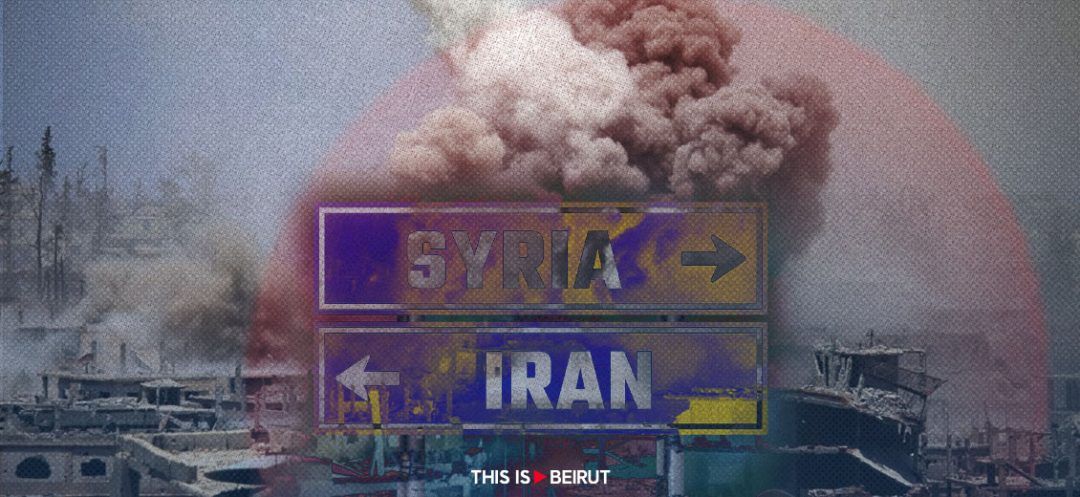- Home
- Middle East
- Damascus Attack: No Red Lines for Israel

Will Iran retaliate for the Israeli strike on its consulate in Damascus, which resulted in the deaths of several Iranian Revolutionary Guard officials, most notably Mohammad Reza Zahedi?
This strike has highlighted the absence of diplomatic or political red lines against Israeli attacks. It indicates that all military moves and operations are deemed acceptable, irrespective of their time or location, even if they lead to further deterioration in the region.
This question will be under scrutiny in the coming hours and days, especially as Iranian officials have promised retaliation, albeit without specifying when or where. According to diplomatic sources, it is not unprecedented for Israel to assassinate Revolutionary Guard officials in Syria and target Iranian military sites. These attacks have become nearly daily incidents, yet Iran has refrained from significantly responding or claiming responsibility for retaliation.
The magnitude of Iran's loss this time is more significant than in previous instances given the prominence of the killed figure, who led the Revolutionary Guard forces in Lebanon and Syria. Iran may perceive him as a “martyr on the path to Jerusalem,” akin to the victims who have fallen in Gaza or southern Lebanon.
Therefore, a targeted response to this operation may not be necessary, considering the ongoing nature of the conflict. As long as Iran's proxies in Lebanon, Iraq, and Yemen remain actively engaged in the battle, it is acceptable if their involvement exceeds that of Iran directly. Iran continues to communicate its stance daily to both allies and adversaries, pretending that it seeks to avoid war and its further expansion.
According to the same sources, in its attempt to avoid direct retaliation for this operation, which constitutes a blatant violation of the Islamic Republic's sovereignty, Iran may interpret it as a response to a march carried out by its allies in Iraq against the Israeli city of Eilat. This strategy enables Iran to sidestep potential embarrassment by refraining from directly responding to those calling for action against Israel, while subtly implying that the score remains unsettled with Israel.
The anticipation will undoubtedly linger in the coming hours and days to see if Iran will choose to enter the war. This could be exactly what Israel intended: to provoke Iran into battle, thereby embarrassing the US, whose administration is striving to counter Israel, even if only minimally.
A Western diplomat noted that what stood out in the situation was Tehran's assumption that its military officials in Syria and Lebanon would be shielded from Israeli airstrikes as long as they remained within the consulate building in Damascus.
Read more



Comments